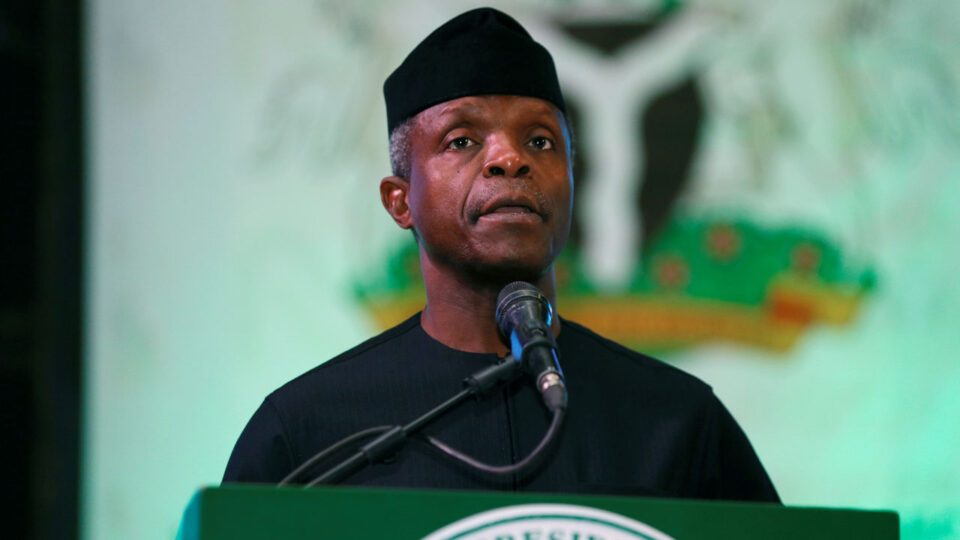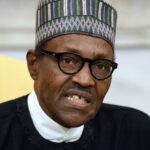By Chesa Chesa
Governance and institutional capacity to properly manage resources of nations hold the ace to the prosperity of the citizenry, and authorities must always continue to improve them, according to Vice-President Yemi Osinbajo.
Osinbajo stated this on Friday in his remarks at the opening of the 21st meeting of the National Council on Development Planning (NCDP) held in Abakaliki, Ebonyi State.
He stressed that governance and institutional capacity account for the difference between performing and poorly performing economies.
The theme of the meeting attended by members of the Federal and States’ Executive Councils was “Good Governance and Institutional Capacity: Pathways to Sustainable National Development.”
The Vice-President said that “it is the lack of good governance and weak institutional capacity in the poorer and less performing economies that largely account for the difference between the poor and rich countries.
“The way that public institutions and agencies perform public affairs and manage public resources, and also how they manage the participation of citizens, and ensure equity and the rule of law, are what makes the difference between the poor and rich, performing and non performing countries.”
Making reference to Japan, South Korea and Singapore as countries that still perform better than the resource-rich nations of the world, Osinbajo said, “how public institutions function is largely determined by institutional capacity. This is not merely having a well educated and well motivated workforce, but systems that are and can enforce transparency and accountability.
“Where accountability is weak or non-existent and poor performance or misconduct have no real consequences; poor performance then becomes systemic.
“The result of poor governance is that delivery of public goods is ineffective, every public service is affected, whether it is collection of taxes, or delivery of social investment programmes, public education, health services, obtaining trade facilitation approvals or just passports or drivers licence, public running of power services or delivery of petroleum products.”
Speaking further, Osinbajo noted that “poor governance and institutional capacity mean a weak economy, private sector performs sub-optimally because the business environment is hostile, so fewer jobs are created, housing stocks may fall where private people do not build houses for rent.
“This is because when tenants fail to pay rent they can remain in the accommodation for years without paying rent because the court system is too slow and they cannot be legally evicted while the court process subsists.”
He urged the meeting to come up with solutions to the country’s development challenges, stating that “every one of these problems is human. They can be solved by human beings. Every country that chooses to solve its governance and institutional problems has, in effect, chosen to develop and prosper.”
He cautioned against acts of dishonesty, noting that “lack of transparency and making bureaucratic corruption the norm” will lead to “backwardness and poverty of the majority.”
The Vice-President also recommended that “synergy amongst all tiers of government remains of paramount importance at this critical time when we continue to face the challenges of recovery from the onslaught of the COVID-19 pandemic, now compounded by the ongoing Russia-Ukraine war.”
In his remarks, Governor David Umahi thanked the Vice President for his commitment and loyalty to President Muhammadu Buhari, as well as his love for the State, noting that “there is a certain ecstasy that follows you whenever you are in Ebonyi State.”
Present at the meeting were the Minister of State for Budget and National Planning, Mr. Clem Agba; Special Adviser to the President on Economic Matters, Dr. Adeyemi Dipeolu; the Speaker of Ebonyi State House of Assembly, Rt. Hon. Francis Ogbonnaya; the Chief Judge of Ebonyi State; Hon Justice Elvis Ngene; traditional rulers, among other senior government officials. The Finance Minister, Hajia Zainab Ahmed, also joined virtually.



